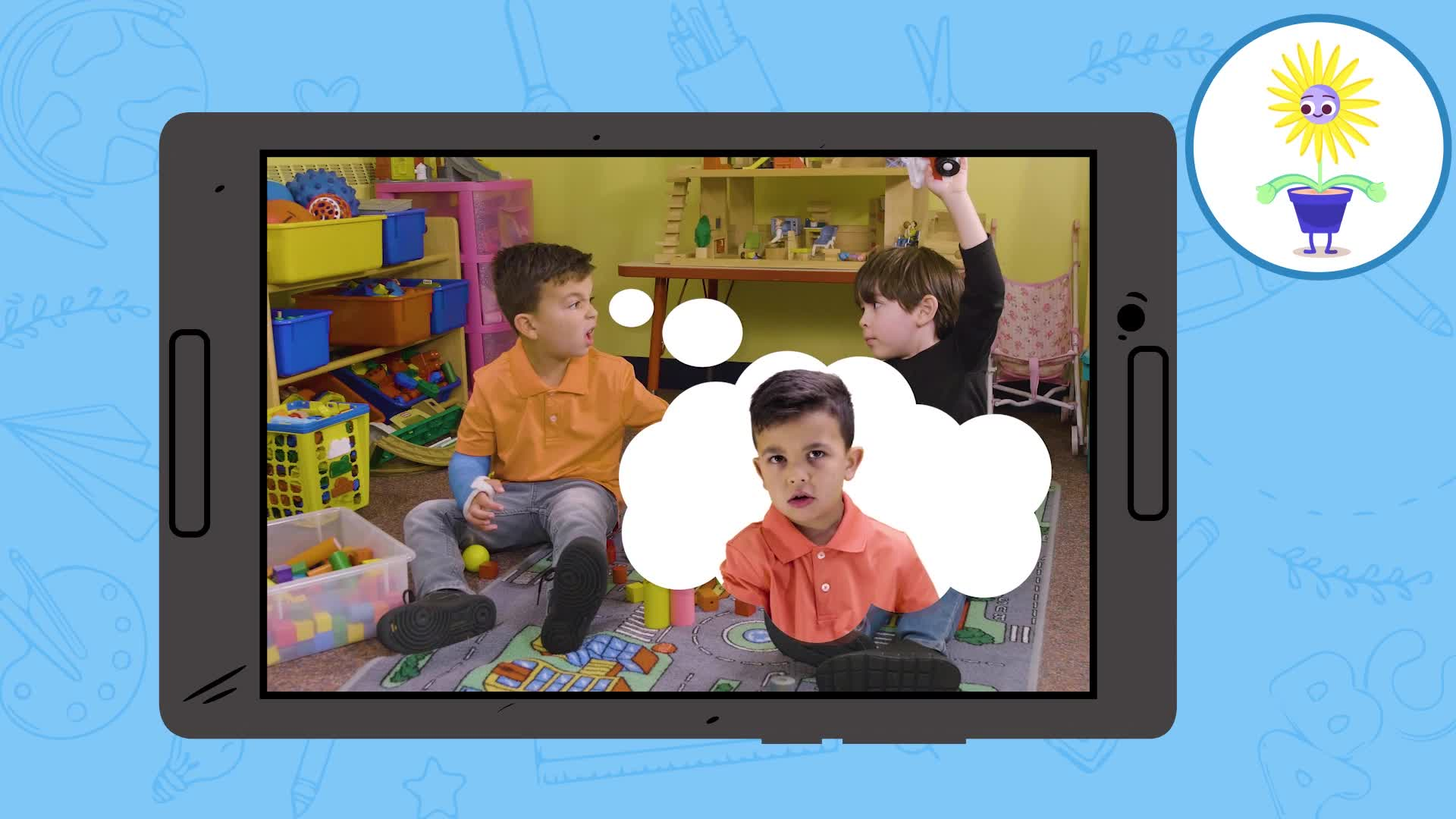
Introduction
Understanding and respecting others’ feelings is an essential aspect of social-emotional learning. For students in special education, building this skill can help them develop empathy, improve their relationships, and navigate social situations more effectively. In this blog post, we will explore a no-prep activity that educators can use to teach students about understanding others’ feelings, followed by discussion questions, related skills, and next steps to continue fostering this essential skill.
No-Prep Activity: Feeling Detective
In this activity, educators will guide students through a role-playing exercise that encourages them to pay attention to others’ feelings and respond accordingly. Here’s how it works:
- Divide students into pairs. One student will play the role of the “Feeling Detective,” while the other will act out a specific emotion.
- Give the student acting out the emotion a scenario to help them express their feelings more accurately. For example, they could pretend to be upset because they lost their favorite toy or excited because they received a surprise gift.
- The Feeling Detective will observe their partner’s body language, facial expressions, and tone of voice to identify the emotion being portrayed.
- Once the Feeling Detective has guessed the emotion, they should suggest an appropriate response to their partner’s feelings. For example, if their partner is acting sad, the Feeling Detective might offer a comforting hug or words of encouragement.
- After each round, have students switch roles and repeat the process.
This activity helps students practice recognizing and responding to others’ emotions in a fun and engaging way.
Discussion Questions
After completing the Feeling Detective activity, use these questions to stimulate further discussions on understanding others’ feelings:
- Why is it important to pay attention to other people’s feelings?
- How can you tell what someone is feeling based on their body language, facial expressions, and tone of voice?
- What are some ways you can show empathy and support when someone is experiencing a difficult emotion?
- How does considering others’ feelings help you build stronger relationships?
- Can you think of a time when you noticed someone else’s feelings and responded in a helpful way? How did that make you feel?
Related Skills
Beyond understanding others’ feelings, there are several related skills that students in special education can benefit from developing:
- Active listening: Paying close attention to what others are saying and responding thoughtfully helps students build deeper connections and show empathy.
- Emotion regulation: Learning to manage their own emotions effectively enables students to respond more appropriately to the feelings of others.
- Conflict resolution: Understanding others’ feelings is a key component of resolving disagreements and finding solutions that satisfy everyone involved.
- Cooperation: By considering the feelings of their classmates, students can work together more effectively and create a positive learning environment.
Next Steps
Teaching students to understand others’ feelings is a crucial aspect of social-emotional learning. By incorporating the Feeling Detective activity and related discussions into your curriculum, you can help students in special education develop empathy, build stronger relationships, and navigate social situations with greater ease.
Ready to explore more resources to support your students’ social-emotional learning? Sign up for free samples of our skill-based materials at Everyday Speech.

